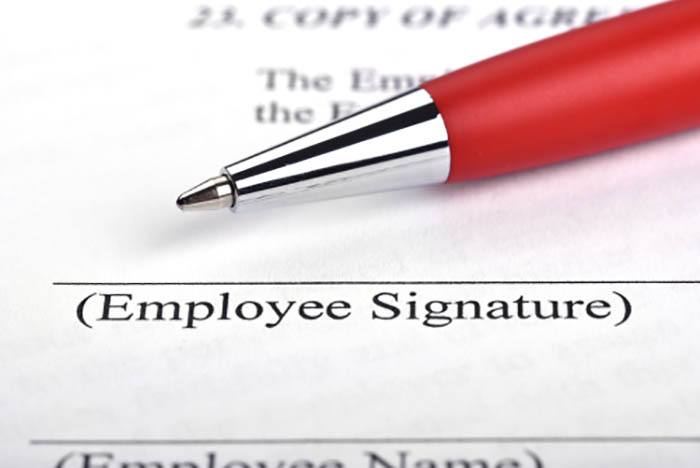Employment Settlement Agreements

What is a Settlement Agreement?
A settlement agreement is a legally binding agreement which sets out the terms of agreement to settle a potential or existing employment related dispute.
Most commonly, such agreements are used to deal with termination of employment on mutually agreed terms. An employer may propose such an agreement in a situation where they do not wish to follow a lengthy process before terminating the employment, e.g: redundancy consultation and selection, or in a situation where the employment relationship has become unworkable.
The aim of the employer is to reach a binding agreement which will close the door to a legal action. There can also be a potential advantage to an employee in that they will achieve a financial settlement without the need to commence legal proceedings either through the civil courts or an employment tribunal, which often carry inherent risk that the case will be unsuccessful or the outcome is less favourable than the terms of settlement offered.
The respective merits of legal action and settlement agreement are matters upon which the employee should take legal advice.
What is the legal effect of a settlement agreement?
By signing the agreement, the employee will receive a financial settlement in the form of payment of the sums and/or other benefits specified within the agreement, however in return, the employee will agree waive their right to bring potential legal actions of the types specified within the agreement. Draft agreements very often contain a lengthy list of potential claims, based upon employment legislation, breach of contract and personal injury.
It is therefore crucial that the employee is given the opportunity to seek independent legal advice regarding the agreement. Moreover, the agreement will always require a certification from the legal advisor that advice has been sought and provided.
The employee must understand that they will be waiving any right to bring legal proceedings in respect of the actions specified within the agreement. Furthermore, it is commonplace for such agreements to include a clause requiring the employee to repay the settlement monies, should they change their mind and pursue legal action.
What could I expect to receive by way of settlement?
A settlement agreement may comprise different payments or benefits with varying positions regarding liability for income tax and national insurance. Typically, payments made under a settlement agreement may include:-
- A compensation payment, or ex gratia payment. HMRC rules allow a payment of up to £30,000 without deductions for tax or NIC if the payment is compensatory in nature.
- PILON (Payment In Lieu of Notice). Such payments are subject to deduction of tax and NI.
- Pay for unused accrued holidays, subject to deductions tax and NIC.
The employee will also usually receive their contractual salary payment and benefits up to the date of termination.
The terms of settlement offered vary according to the circumstances and it is important that the advisor considers and advises the employee appropriately regarding the tax implications of each payment or benefit offered.
How much will legal advice cost?
The general position is that an employer will agree to make a contribution towards the employee’s legal fees, typically the contribution will be between £200 to £400 plus VAT, which will, in the majority cases, cover the whole cost of the legal advice, however the fees payable can vary depending upon the complexity of the agreement.
